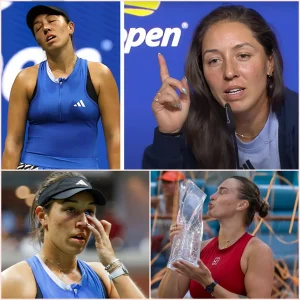Red Bull Peaks in Drama: Continues to Face Criticism After Verstappen’s Latest Complaint
Red Bull Racing is no stranger to the spotlight, but the 2025 Formula 1 season has thrust them into a storm of criticism following Max Verstappen’s latest outburst. The four-time world champion labeled the RB21 “too slow” during the Chinese Grand Prix weekend, reigniting scrutiny over the team’s struggles since losing key figures like Adrian Newey. Former F1 driver Ralf Schumacher has added fuel to the fire, slamming Red Bull’s handling of Newey’s departure and their underestimation of another crucial exit—Rob Marshall. As the Milton Keynes squad grapples with mounting car issues, is this the beginning of a steep decline for the once-dominant team?
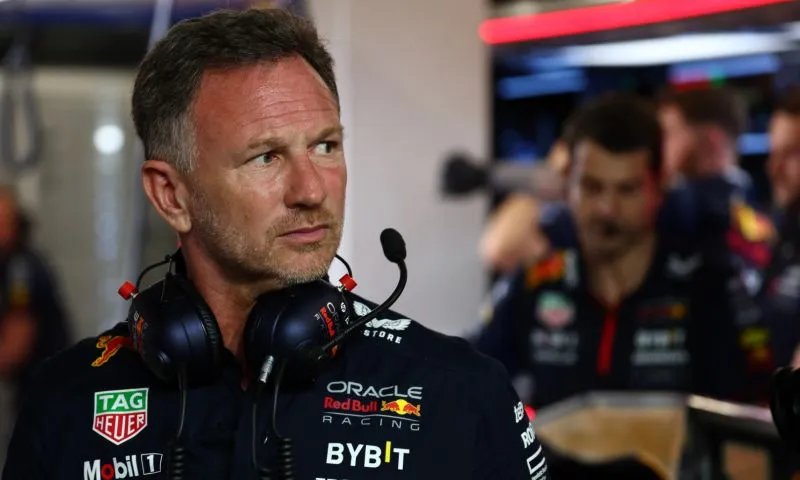
Verstappen’s Complaint Sparks Fresh Backlash
Red Bull’s woes began to surface last season with the RB20, a car plagued by unresolved balance issues that saw their dominance fade. The RB21, unveiled for 2025, promised a fresh start, but Verstappen’s frustration in China—where he struggled to match McLaren and Mercedes—suggests otherwise. “Too slow,” he grumbled, echoing sentiments that have haunted Red Bull since Newey’s exit. Many in the paddock point to the legendary designer’s departure as the root of their technical troubles, a theory Schumacher vehemently supports.
Newey, who spent 19 years shaping Red Bull’s championship-winning cars, announced his exit on May 1, 2024, and joined Aston Martin on March 3, 2025. His absence has coincided with a noticeable dip in performance, with the RB21 failing to deliver the pace needed to keep Verstappen at the front. Schumacher argues that Newey’s knack for creating drivable, balanced cars—sometimes at the expense of raw speed—was a cornerstone of Red Bull’s success. “He’s ambitious but also unites the team,” Schumacher told Formel1.de. “That relationship defined him.”
The Overlooked Loss of Rob Marshall
While Newey’s departure grabs headlines, Schumacher insists Red Bull made an equally costly mistake by undervaluing Rob Marshall. The former chief designer left for McLaren in 2023, and his impact was immediate. McLaren, under Marshall’s influence, clinched their first constructors’ title since 1998 last year, leaving Red Bull in their dust. “They underestimated what he did,” Schumacher said. “Red Bull could’ve reacted smarter, anticipating Newey might eventually leave too.”
Marshall’s exit exposed cracks in Red Bull’s technical foundation, cracks that widened with Newey’s departure. Schumacher praises Marshall’s ability to adapt, noting McLaren’s resurgence hasn’t been flawless—Oscar Piastri faced challenges in China’s sprint race—but has still outpaced Red Bull’s efforts. The Austrian team’s failure to foresee these losses, Schumacher argues, reflects a strategic misstep that’s now costing them dearly.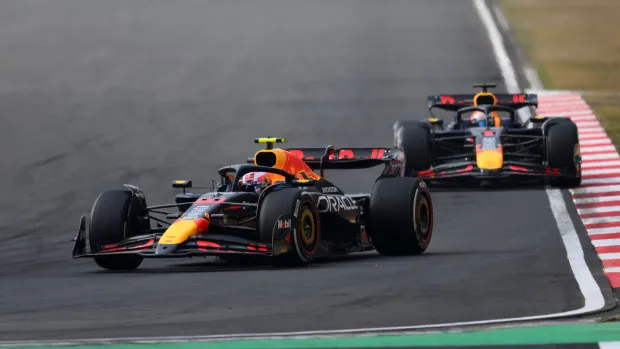
Newey’s Legacy vs. Red Bull’s Reality
Newey wasn’t just a designer; he was a visionary who balanced performance with practicality. Schumacher highlights how Newey ensured cars were accessible to drivers, even if it meant sacrificing a fraction of speed for a wider operating window. This philosophy propelled Verstappen to four titles, but without it, the RB21 feels like a shadow of its predecessors. The car’s struggles in China—where tire management and pace lagged behind rivals—underscore this shift.
Red Bull’s brain drain doesn’t end with Newey and Marshall. Other departures, like sporting director Jonathan Wheatley, have compounded the chaos. As McLaren, Mercedes, and even Aston Martin (now bolstered by Newey) surge ahead, Red Bull’s once-unassailable position looks shaky. Verstappen remains a force, but even his brilliance can’t mask the RB21’s shortcomings.
Can Red Bull Recover?
The criticism from Schumacher and others raises a critical question: has Red Bull lost its edge for good? The team insists they’ve adapted, with technical director Pierre Waché claiming lessons from the RB20 have informed the RB21. Yet, Verstappen’s complaints and their P2 ranking behind McLaren suggest otherwise. Schumacher believes a single figure like Newey or Marshall can transform a team if the environment is right—something Red Bull may no longer provide.
As the 2025 season progresses, Red Bull faces mounting pressure to prove they can thrive post-Newey. Upgrades are rumored, but without the cohesion Newey and Marshall brought, their championship hopes hang in the balance. For now, Verstappen’s frustration and Schumacher’s scathing critique paint a picture of a team in crisis. Will Red Bull silence the doubters, or is this the start of a long-term slide? F1 fans are watching closely as the drama unfolds.
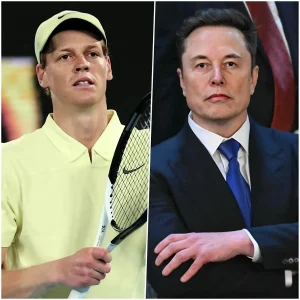
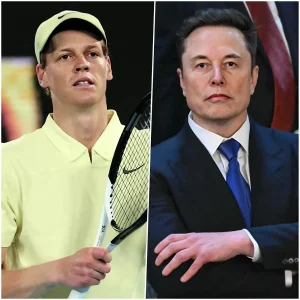


 Sinner zwaar getroffen door CAS, geschorst voor 2 jaar met een schokkend dopingcontract: de nummer 1 van de wereld officieel “GEANNULEERD” uit het tennis tot na de Australian Open van 2027.
Sinner zwaar getroffen door CAS, geschorst voor 2 jaar met een schokkend dopingcontract: de nummer 1 van de wereld officieel “GEANNULEERD” uit het tennis tot na de Australian Open van 2027.
